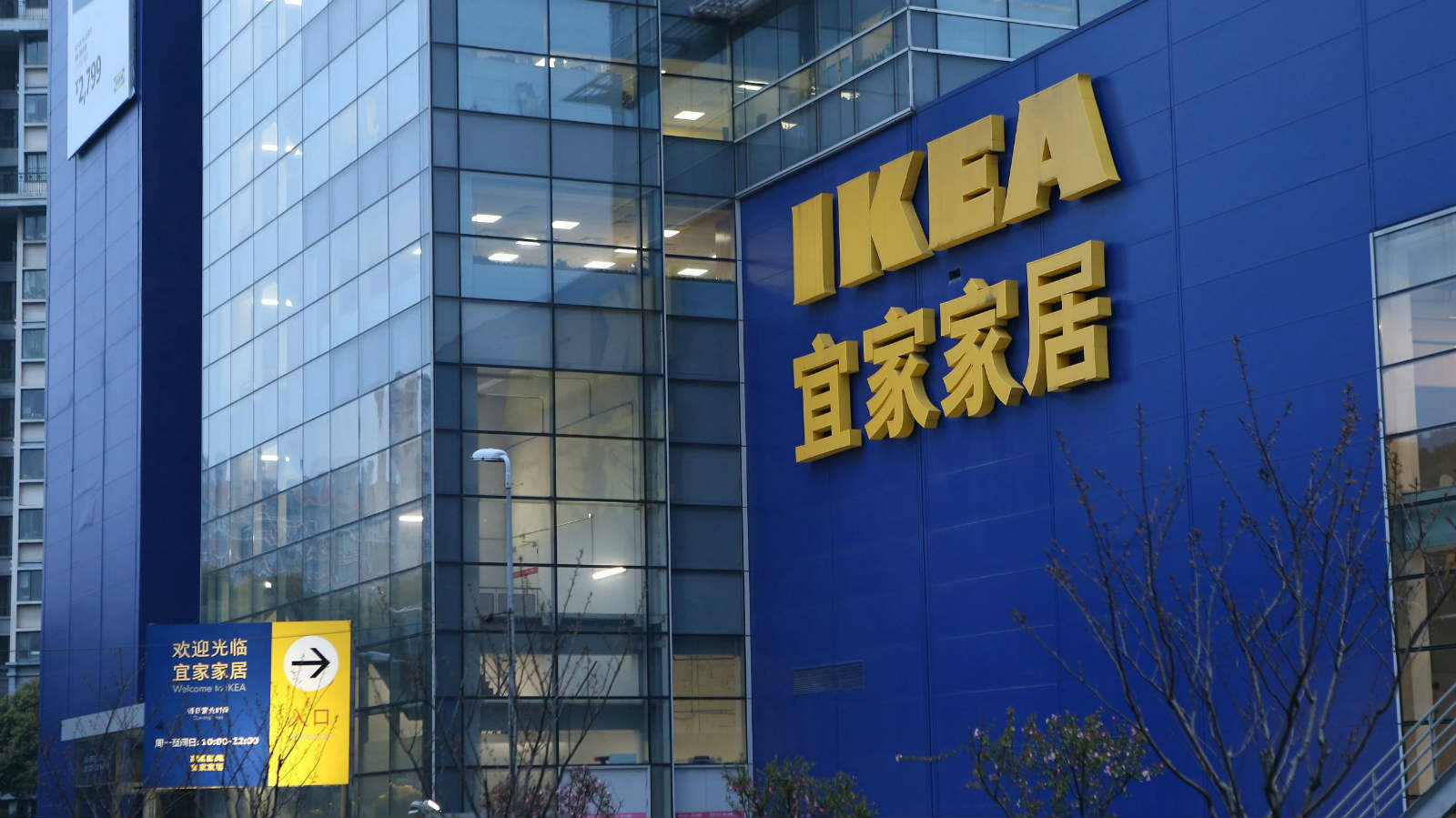


Swedish furniture retailer IKEA plans to team up with a third party e-commerce site starting in 2018, aiming to increase sales in the Chinese market, China Business Journal reported.
IKEA has opened up online retailing in over 10 other countries, and has been testing it out in China since September last year in Shanghai, with 9,500 products available on the its own website. Shipments of small items are handled by Amazon Logistics and large furnishing products by a local logistics company. The website crashed on the first day as registration requests flooded the system.
The furniture retailer previously had talks with Tmall, one of China's biggest online retailers operated by Alibaba group, but no official deals have been reached thus far. Whether or not will IKEA open up full-scale shipment in China this time is yet to be seen.
With only 22 stores in China, IKEA finds it hard to keep up with consumer needs. But that is not the only reason for it to turn to e-commerce in China.
“Chinese market has its own local characteristics, and IKEA has witnessed the changes of Chinese consumers over the years," Wang Jianguo, analyst in furniture retailing, told Chinese media outlet Sina. "Chinese youngsters born after 1985 and 1990 are becoming the core demographic group in the market, and they prefer shopping online."
Since 1998 when IKEA opened its first location in Shanghai, the Scandinavian company has been encouraging locals to pick up on western do-it-yourself culture. But it has not fit in well with the Chinese market. Hauling and assembling furniture on ones' own was a new concept to Chinese consumers. Even as many have adopted more western lifestyles, the majority of people still prefer to call in professionals to move and build furniture for them. For young people especially, being able to buying things off the Internet and have them sent to their doormats sounds more appealing than becoming a do-it-your-selfer.
"IKEA has not grown strong enough to be able to keep its original strategy. Besides that, IKEA may have seen the changes other international business giants made for the Chinese market,” said Wang.

 Award-winning photos show poverty reduction achievements in NE China's Jilin province
Award-winning photos show poverty reduction achievements in NE China's Jilin province People dance to greet advent of New Year in Ameiqituo Town, Guizhou
People dance to greet advent of New Year in Ameiqituo Town, Guizhou Fire brigade in Shanghai holds group wedding
Fire brigade in Shanghai holds group wedding Tourists enjoy ice sculptures in Datan Town, north China
Tourists enjoy ice sculptures in Datan Town, north China Sunset scenery of Dayan Pagoda in Xi'an
Sunset scenery of Dayan Pagoda in Xi'an Tourists have fun at scenic spot in Nanlong Town, NW China
Tourists have fun at scenic spot in Nanlong Town, NW China Harbin attracts tourists by making best use of ice in winter
Harbin attracts tourists by making best use of ice in winter In pics: FIS Alpine Ski Women's World Cup Slalom
In pics: FIS Alpine Ski Women's World Cup Slalom Black-necked cranes rest at reservoir in Lhunzhub County, Lhasa
Black-necked cranes rest at reservoir in Lhunzhub County, Lhasa China's FAST telescope will be available to foreign scientists in April
China's FAST telescope will be available to foreign scientists in April